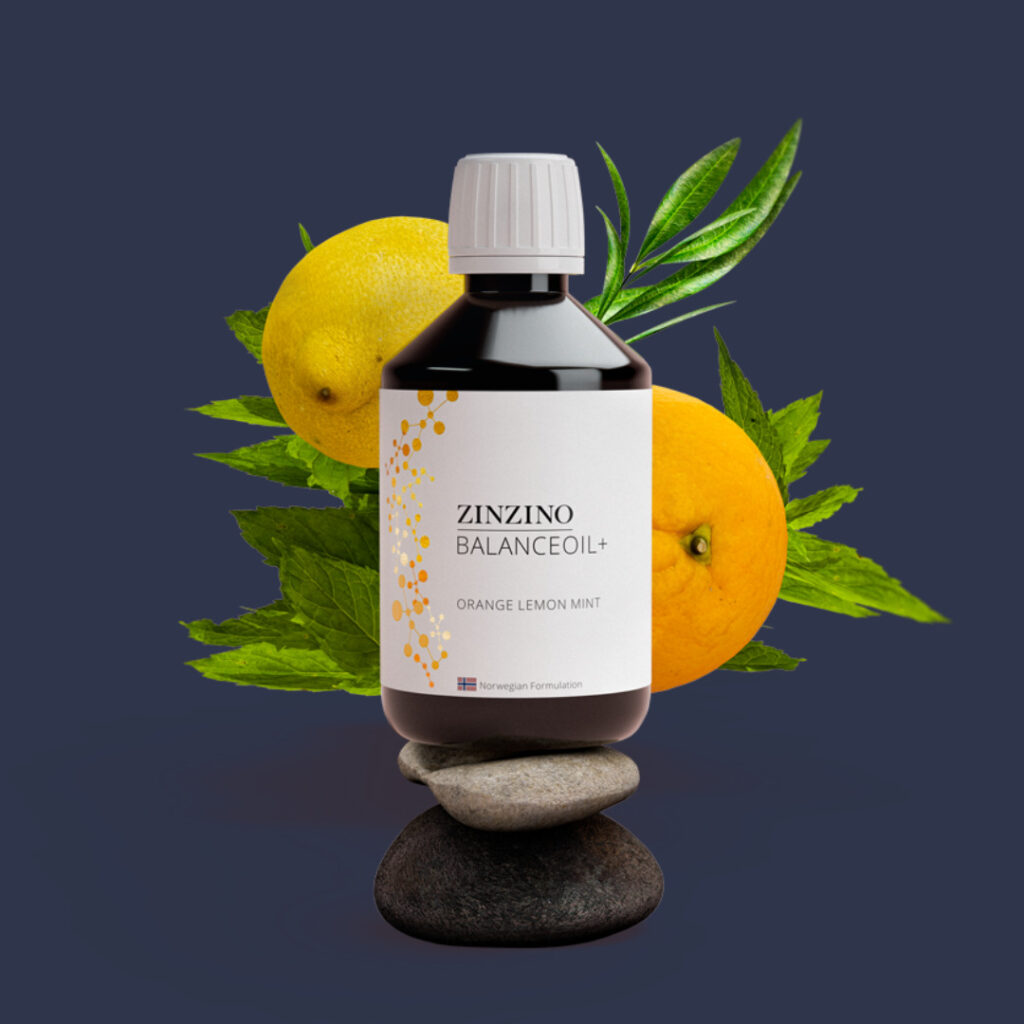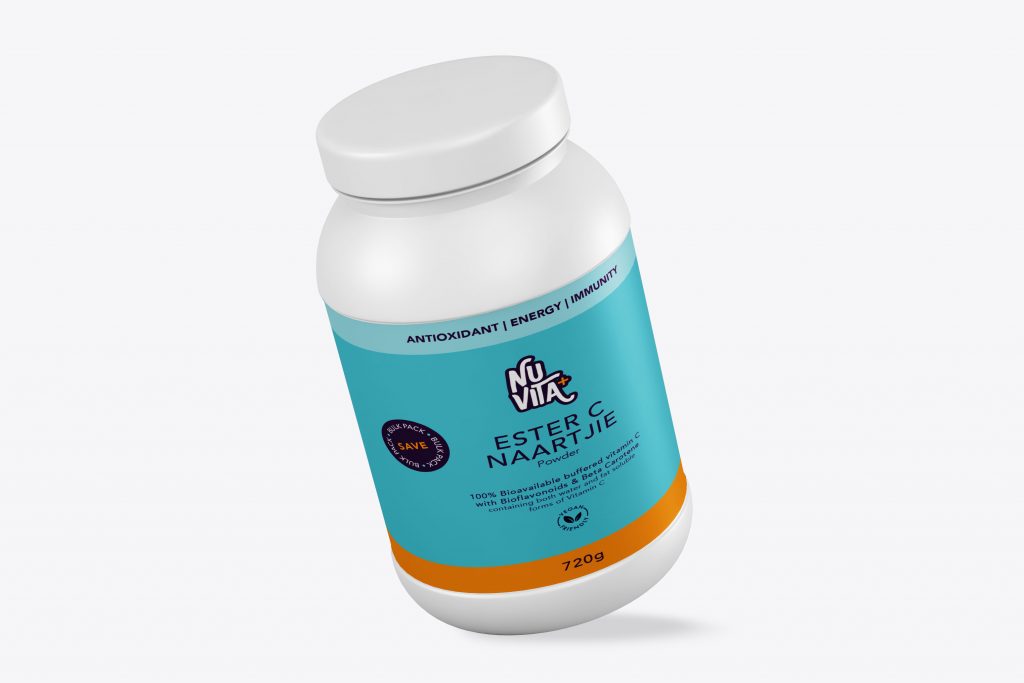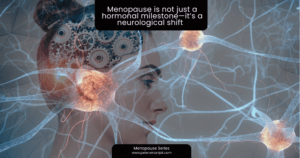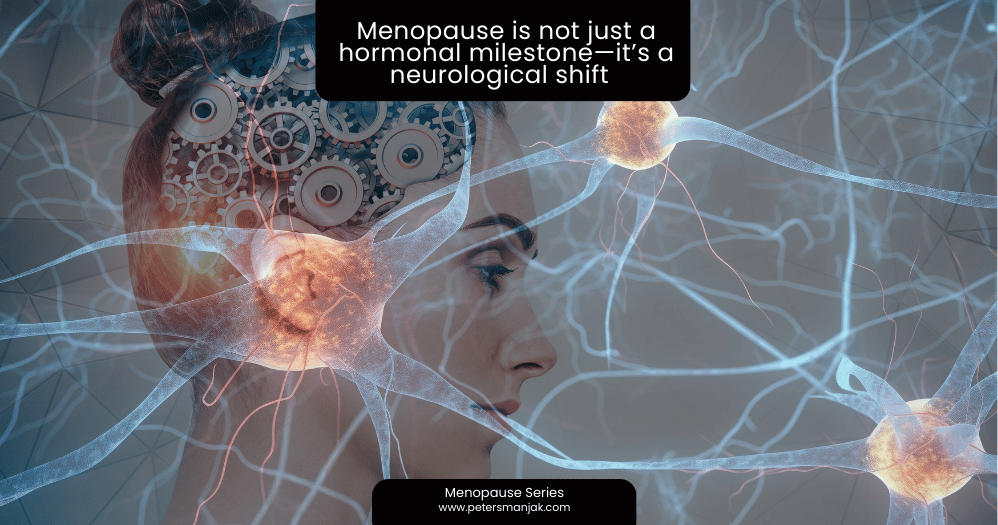Whey protein isolate (WPI) is a high-quality protein supplement that is derived from milk. It is a complete protein source that contains all essential amino acids necessary for the growth and maintenance of the human body. Whey protein is known to have many benefits, including increasing muscle mass, aiding in weight loss, and improving immunity. Some studies have also suggested that consuming whey protein may increase milk production in breastfeeding mothers.
Breastmilk Production
Breast milk production is regulated by a complex interplay of hormones, including prolactin, oxytocin, and estrogen. Prolactin is the primary hormone responsible for milk production, while oxytocin helps to release milk from the breast. Both hormones are stimulated by the baby’s suckling and the mother’s response to the baby’s needs.
Studies have suggested that consuming whey protein may increase the levels of prolactin in breastfeeding mothers, which in turn can lead to increased milk production. A study published in the Journal of Applied Physiology in 2000 found that consuming whey protein increased the levels of prolactin in healthy women. Another study published in the Journal of Nutrition in 2011 found that consuming whey protein increased the levels of prolactin in lactating rats.
In addition to increasing prolactin levels, whey protein may also increase the levels of certain amino acids, such as tryptophan and tyrosine, which are important for milk production. A study published in the Journal of Dairy Science in 2011 found that consuming a whey protein supplement increased the levels of tryptophan and tyrosine in lactating women.
It should be noted that the studies on the effects of whey protein on milk production in breastfeeding mothers are limited and more research is needed to confirm these findings. Additionally, consuming excessive amounts of whey protein can have negative side effects, such as gastrointestinal distress, kidney damage, and dehydration.
Factors of Breastmilk Production
Factors that can affect breast milk supply include hormonal imbalances, stress, insufficient calorie intake, and certain medications. In these cases, addressing the underlying cause may help increase breast milk production, rather than relying on supplements or powders.
In general, a balanced and healthy diet that meets the mother’s nutritional needs is critical for breastfeeding success. Consuming whey protein isolate powder may be beneficial for postpartum recovery and muscle healing, but it is not a guaranteed way to increase breast milk production if the diet is lacking the correct nutrients and minerals.
Conclusion
While there is some evidence to suggest that consuming whey protein may increase milk production in breastfeeding mothers. Breastfeeding mothers should also be cautious about consuming excessive amounts of whey protein and consult with their healthcare provider before adding it to their diet.
References:
- Zemel MB, et al. Dietary calcium and dairy modulation of adiposity and obesity risk. Nutr Rev. 2008;66 Suppl 2:S116-31.
- Hoffman JR, et al. Effect of protein intake on strength, body composition and endocrine changes in strength/power athletes. J Int Soc Sports Nutr. 2006;3:12-8.
- Kent, J. C., Mitoulas, L. R., Cregan, M. D., Ramsay, D. T., Doherty, D. A., & Hartmann, P. E. (2006). Volume and frequency of breastfeeding and fat content of breast milk throughout the day. Pediatrics, 117(3), e387-e395.
- Kent KD, et al. The effect of whey protein supplementation on the temporal recovery of muscle function following resistance training: a meta-analysis. J Sports Sci Med. 2019;18(3):564-573.
- Lönnerdal B. Bioactive proteins in breast milk. J Paediatr Child Health. 2013;49 Suppl 1:1-7.
- Lucco, G., Cocchi, D., & Mammarella, S. (2017). Protein intake and breastfeeding: a narrative review of current knowledge. Journal of human lactation, 33(3), 518-523.
- Power O, et al. Whey protein and its two major protein fractions exhibit gastrointestinal stability and intestinal cell migration-improving properties. Nutr Res. 2018;49:70-81.
- Simon, A. (2011). Breastfeeding: The essentials. John Wiley & Sons.








